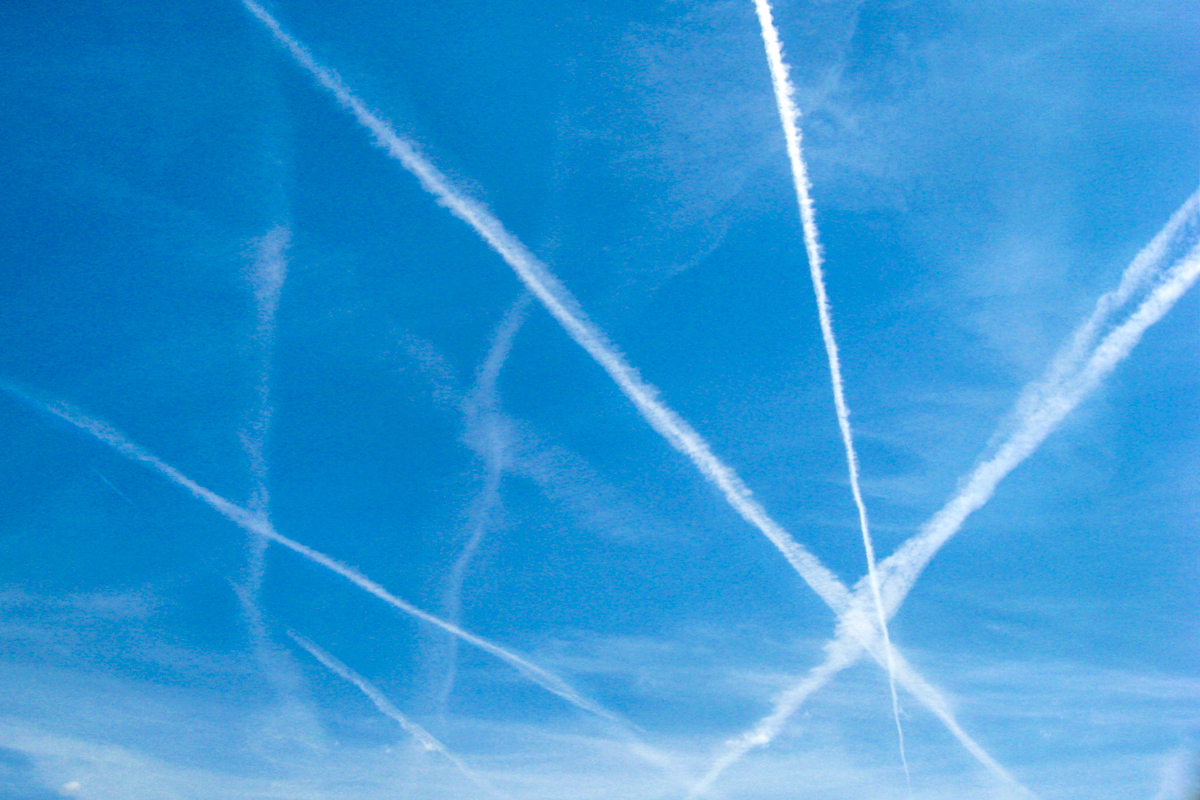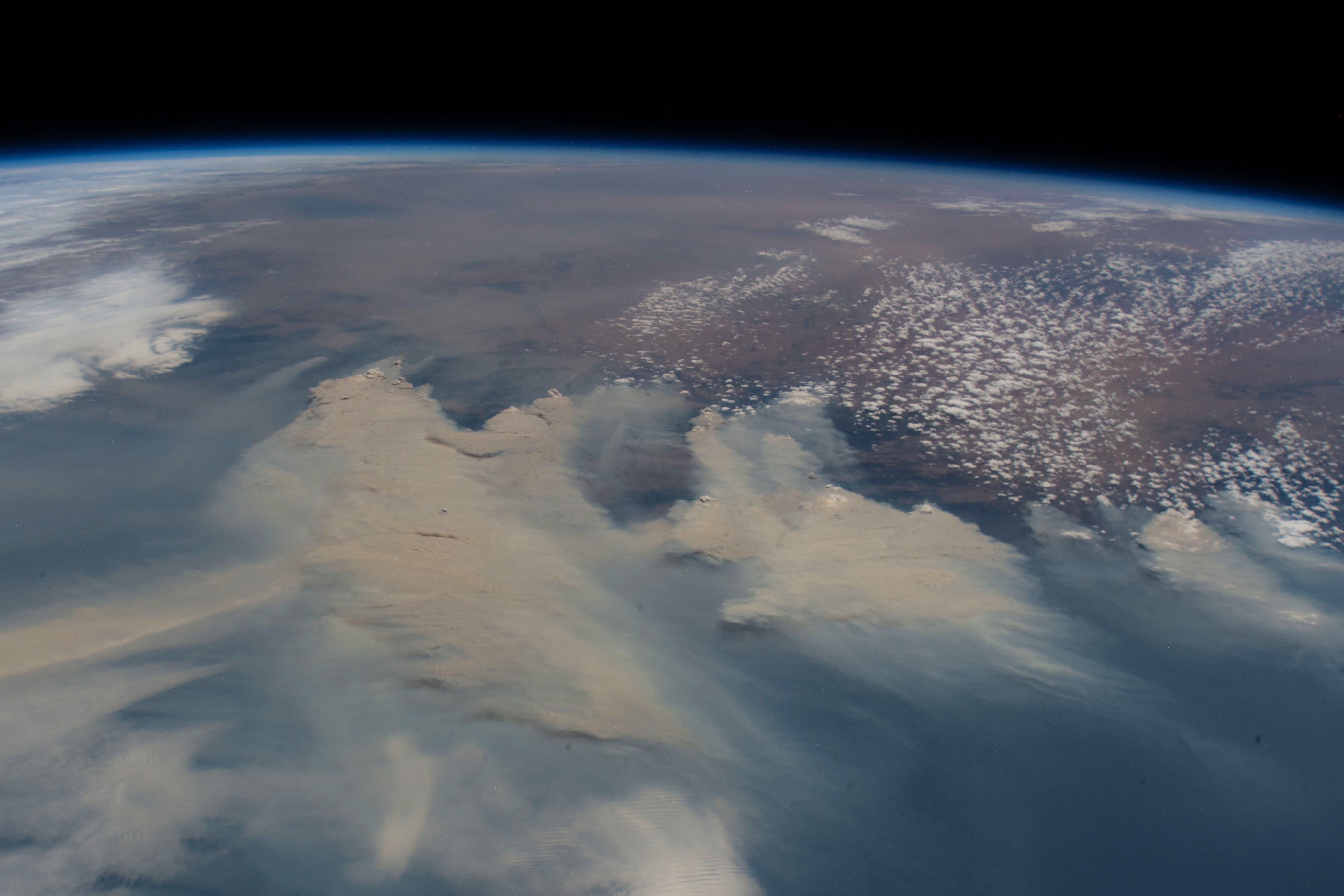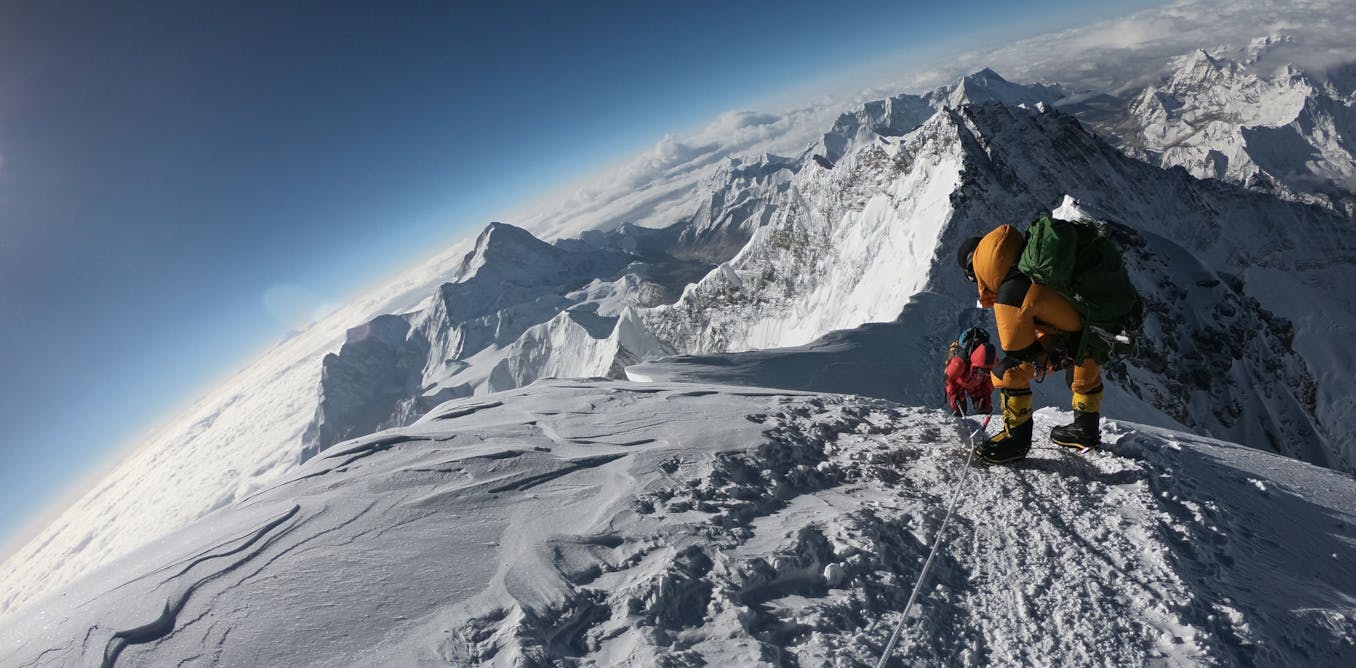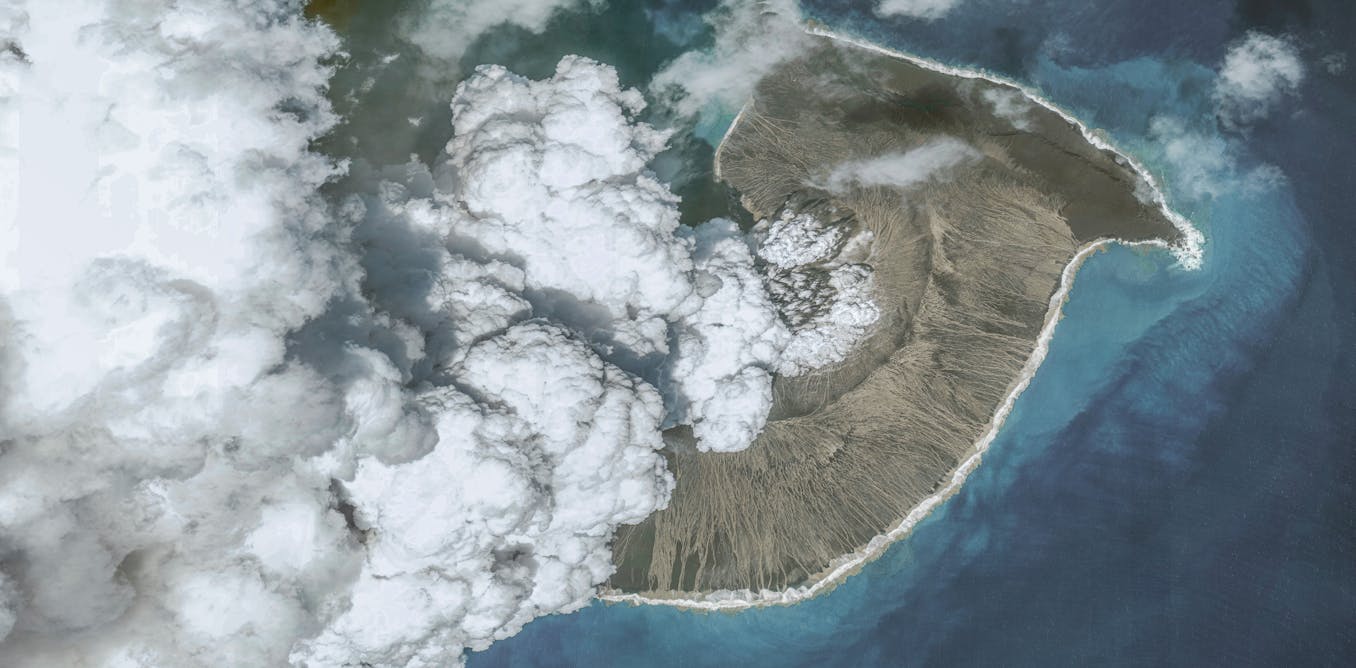Solar storms can destroy satellites with ease – a space weather expert explains the science
Space weather can affect satellites in a number of different ways, from frying electronics to increasing drag in the atmosphere.
Piyush Mehta, Assistant Professor of Mechanical and Aerospace Engineering, West Virginia University
• conversation
March 2, 2022 • ~10 min
March 2, 2022 • ~10 min
Mountain glaciers may hold less ice than previously thought – here’s what that means for 2 billion downstream water users and sea level rise
Glaciers in North America, Europe and the Andes, in particular, have significantly less ice than people realized.
Mathieu Morlighem, Professor of Earth Sciences, Dartmouth College •
conversation
Feb. 7, 2022 • ~8 min
Feb. 7, 2022 • ~8 min
Mountain glaciers hold less ice than previously thought – it's a concern for future water supplies but a drop in the bucket for sea level rise
Glaciers in North America, Europe and the Andes, in particular, have significantly less ice than people realized.
Mathieu Morlighem, Professor of Earth Sciences, Dartmouth College •
conversation
Feb. 7, 2022 • ~8 min
Feb. 7, 2022 • ~8 min
/
22








